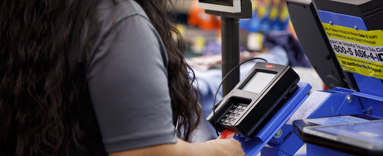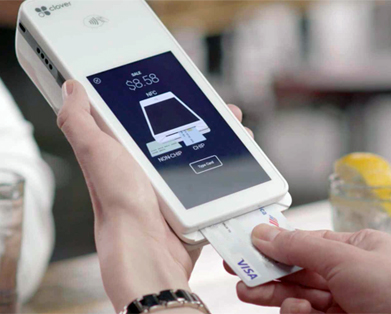Latest news
07.20.2020
Here’s how being denied for a credit card impacts your credit score

Being denied for a credit card doesn’t hurt your credit score. But the hard inquiry from submitting an application can cause your score to decrease.
What New Parents Should Know About Life Insurance

Having a baby can bring the gaps in your financial plan into sharp focus. New parents often feel they need to find ways to provide financial security...
Why Searching for Cheap Stocks Is the Wrong Investing Strategy

The premise makes more than enough sense: For the same reason consumers want more bang for their buck at the stores they regularly shop...
Private credit lenders seek protection in minimum liquidity protocol

Private credit firms are requiring their borrowers maintain a strong liquidity cushion as the coronavirus pandemic forces middle market companies...
Consumer credit fell at a slower 5.3% in May as the economy began to recover

The use of credit cards fell at a much slower pace in May as the economy began to recover and the government provided financial relief to households...
Latest news
07.20.2020





